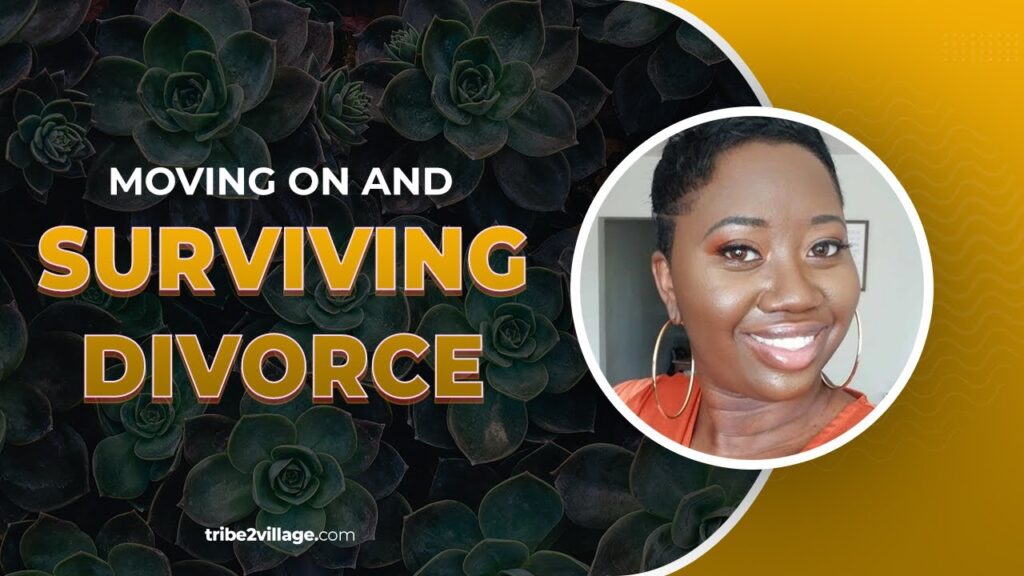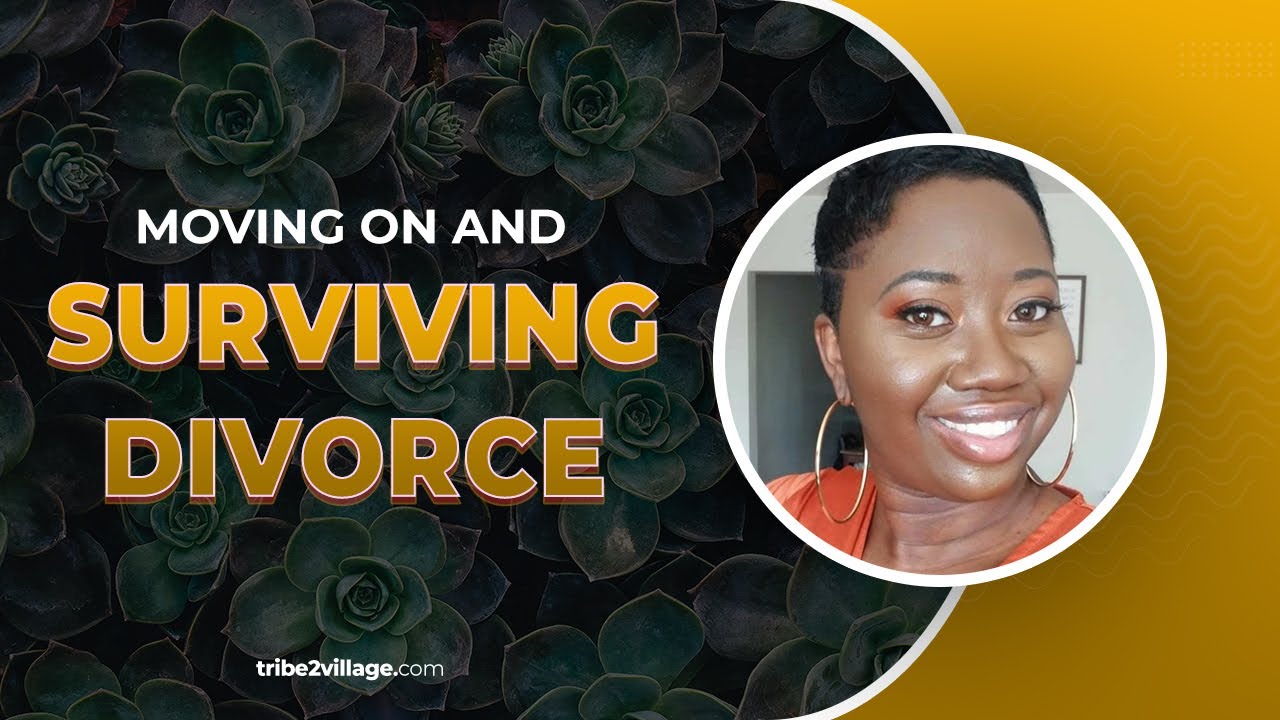
How to Survive a Divorce: A Comprehensive Guide to Healing and Moving Forward
Divorce. The word itself carries a weight, a sense of finality that can be both liberating and devastating. Surviving a divorce is arguably one of the most challenging experiences a person can face. It’s a complex emotional, legal, and financial upheaval that requires resilience, self-compassion, and a strategic approach. This guide aims to provide you with actionable steps and insights to not just survive a divorce, but to emerge stronger and more fulfilled on the other side. We’ll delve into the emotional rollercoaster, the legal complexities, and the practical considerations necessary to navigate this difficult transition. If you’re going through this, know that you’re not alone, and there *is* a path forward. Learning to survive a divorce involves understanding yourself and your needs.
The Emotional Landscape of Divorce
The emotional impact of divorce is profound and multifaceted. It’s crucial to acknowledge and validate these feelings rather than suppressing them. Common emotions include:
- Grief: Divorce is a loss – the loss of a relationship, a shared future, and perhaps even a part of yourself. Allow yourself to grieve this loss.
- Anger: Anger is a natural response to feeling betrayed, hurt, or wronged. However, it’s important to manage anger constructively, perhaps through therapy or exercise, rather than letting it consume you.
- Fear: Fear of the unknown is a common anxiety. Fear of financial insecurity, loneliness, or the challenges of single parenting can be overwhelming.
- Guilt: Many individuals experience guilt, wondering if they could have done something differently to save the marriage. It’s important to remember that relationships are a two-way street and to avoid dwelling on self-blame.
- Relief: While it may seem contradictory, many people also experience a sense of relief, particularly if the marriage was unhappy or abusive.
Finding Your Support System
Surviving a divorce becomes significantly easier with a strong support system. This includes:
- Friends and Family: Lean on your trusted friends and family members for emotional support. Don’t be afraid to ask for help, whether it’s a listening ear, a shoulder to cry on, or practical assistance.
- Therapist or Counselor: A therapist can provide a safe and confidential space to process your emotions, develop coping mechanisms, and gain a deeper understanding of yourself. Consider seeking professional help, especially if you’re struggling with depression, anxiety, or other mental health issues.
- Support Groups: Joining a divorce support group can connect you with others who are going through similar experiences. Sharing your story and hearing from others can be incredibly validating and empowering.
- Divorce Coach: A divorce coach can help you navigate the practical and logistical aspects of divorce, such as financial planning, co-parenting strategies, and career transitions.
Navigating the Legal Process
The legal aspects of divorce can be complex and stressful. It’s essential to have a clear understanding of your rights and responsibilities. Consider these steps:
- Hire an Attorney: A qualified divorce attorney can provide legal advice, represent your interests, and guide you through the legal process. Choose an attorney who specializes in family law and who you feel comfortable working with.
- Gather Financial Documents: Collect all relevant financial documents, including bank statements, tax returns, investment accounts, and property deeds. This information will be crucial for determining asset division and spousal support.
- Understand Your State’s Laws: Divorce laws vary from state to state. Familiarize yourself with the laws in your jurisdiction regarding property division, child custody, and spousal support.
- Negotiate or Mediate: Consider alternative dispute resolution methods, such as negotiation or mediation, to reach a settlement agreement with your spouse. These methods can be less adversarial and more cost-effective than going to trial.
- Protect Your Assets: Take steps to protect your assets, such as closing joint accounts and updating your will and beneficiaries. Consult with your attorney to determine the best course of action.
Child Custody and Co-Parenting
If you have children, child custody and co-parenting arrangements will be a primary focus during the divorce process. Prioritize your children’s well-being and strive to create a stable and supportive environment for them. Key considerations include:
- Parenting Plan: Develop a detailed parenting plan that outlines custody arrangements, visitation schedules, and decision-making responsibilities.
- Communication: Maintain open and respectful communication with your co-parent, even if you have disagreements. Focus on the best interests of your children.
- Consistency: Provide a consistent routine and structure for your children in both households.
- Avoid Conflict: Shield your children from conflict and avoid speaking negatively about your co-parent in their presence.
- Seek Support: Consider seeking co-parenting counseling or mediation to help you navigate the challenges of co-parenting.
Financial Recovery and Independence
Divorce often has significant financial implications. It’s essential to take steps to secure your financial future. Focus on these strategies:
- Create a Budget: Develop a realistic budget that reflects your new income and expenses.
- Manage Debt: Address any outstanding debt and create a plan to pay it down.
- Build an Emergency Fund: Save a small emergency fund to cover unexpected expenses.
- Invest Wisely: Invest in your future by contributing to retirement accounts and other investments.
- Consider Career Options: Explore career options that align with your skills and interests. Consider pursuing additional education or training to enhance your earning potential.
Rebuilding Your Identity and Self-Esteem
Divorce can shake your sense of identity and self-esteem. It’s important to focus on self-care and rebuilding your confidence. Here are some suggestions:
- Practice Self-Compassion: Be kind to yourself and avoid self-criticism. Acknowledge your strengths and accomplishments.
- Engage in Activities You Enjoy: Pursue hobbies and activities that bring you joy and fulfillment.
- Set Goals: Set realistic goals for yourself, both personally and professionally.
- Practice Mindfulness: Engage in mindfulness practices, such as meditation or yoga, to reduce stress and improve your overall well-being.
- Embrace New Experiences: Be open to trying new things and stepping outside of your comfort zone.
Moving Forward: Creating a New Chapter
Surviving a divorce isn’t just about enduring the pain; it’s about creating a new and fulfilling chapter in your life. Here’s how to embrace the future:
- Forgive Yourself and Your Ex-Partner: Forgiveness doesn’t mean condoning past behavior, but it does mean releasing yourself from the burden of resentment and anger.
- Learn from the Past: Reflect on the lessons you’ve learned from the marriage and the divorce process.
- Set New Boundaries: Establish healthy boundaries in your relationships and in your life.
- Focus on Gratitude: Practice gratitude for the good things in your life.
- Believe in Yourself: Believe in your ability to create a happy and fulfilling future.
Dating After Divorce
When you’re ready to date again, take it slow and be mindful of your own emotional needs. Don’t rush into a relationship before you’re ready. [See also: Dating After Divorce: A Guide to Re-Entering the Dating World] Focus on building meaningful connections and finding someone who is compatible with your values and goals.
Long-Term Strategies to Thrive After Divorce
Surviving a divorce is a process, not an event. There are some long-term strategies that will help you thrive in the years to come. These include:
- Continued Therapy: Even after the initial crisis of the divorce has passed, continuing therapy can provide ongoing support and help you navigate new challenges.
- Regular Financial Check-Ups: Review your budget, investments, and debt regularly to ensure you’re on track to meet your financial goals.
- Self-Care Rituals: Establish regular self-care rituals that nourish your mind, body, and spirit.
- Community Involvement: Get involved in your community by volunteering, joining clubs, or pursuing other activities that connect you with others.
- Lifelong Learning: Continue to learn and grow by taking classes, reading books, or pursuing other educational opportunities.
Surviving a divorce is undoubtedly a challenging journey, but it’s also an opportunity for growth, self-discovery, and a fresh start. By prioritizing your emotional well-being, navigating the legal process effectively, and rebuilding your financial independence, you can emerge from this experience stronger, more resilient, and ready to embrace a brighter future. Remember to seek support when you need it, be patient with yourself, and believe in your ability to create a life that is fulfilling and meaningful. Learning how to survive a divorce is a testament to your strength.
Divorce is a major life event, and learning to survive a divorce ultimately leads to a better understanding of yourself. This understanding is the foundation for a happier future. Survive a divorce by being proactive and seeking support. When you survive a divorce, you gain invaluable life skills. Remember, you can survive a divorce and thrive. Many people survive a divorce and go on to live fulfilling lives. Learning how to survive a divorce is a process. The steps to survive a divorce include self-care. To survive a divorce, focus on your well-being. Support is key to survive a divorce. You will survive a divorce and be stronger for it. People survive a divorce every day.

